In the digital era, where the internet has become the central hub for communities to gather, share, and interact, the importance of building strong, secure, and transparent online communities has never been more critical. With the advent of blockchain technology, websites now have a groundbreaking tool at their disposal to enhance community engagement, trust, and security. “Building Stronger Online Communities: The Blockchain Advantage for Websites” explores how this innovative technology is redefining the landscape of online community building, offering a new paradigm for website owners and developers aiming to foster more robust online networks.
The Blockchain Backbone: Ensuring Security and Trust
At its core, blockchain technology offers an immutable ledger system, perfect for creating a secure and transparent environment for online communities. This decentralized approach ensures that all community interactions, whether financial transactions or data exchanges, are recorded securely and verifiably. This transparency fosters a sense of trust among community members, crucial for building strong online communities where users feel safe to share and engage openly.
Decentralization: Empowering Community Members
Blockchain technology inherently supports a decentralized model of governance. This model shifts control from a single authority (such as a website owner or a group of moderators) to the community itself. By leveraging blockchain, websites can implement decentralized decision-making processes, giving community members a say in governance, such as content moderation policies or new feature implementations. This empowerment not only enhances engagement but also promotes a sense of ownership among community members, strengthening the community bond.
Tokenization: Incentivizing Engagement
One of the most innovative ways blockchain is transforming online communities is through the concept of tokenization. Websites can create their own tokens or cryptocurrencies to reward community members for their contributions, such as content creation, moderation, or other forms of participation. These tokens can then be used within the community for various purposes, such as accessing premium content, voting on community decisions, or even as a form of payment between members. This system not only incentivizes active participation but also helps in maintaining a vibrant, engaged community.
Enhancing Privacy Through Blockchain
Privacy concerns are paramount in today’s digital landscape, especially in online communities where users share a plethora of personal information. Blockchain offers a solution to these privacy concerns through its encryption capabilities and the ability to create secure, anonymous transactions. By implementing blockchain, websites can offer their community members the option to interact and transact in a manner that respects their privacy, thus enhancing user trust and engagement.
The Road Ahead: Challenges and Opportunities
While the integration of blockchain into online communities presents numerous benefits, it is not without its challenges. Scalability, regulatory compliance, and the complexity of blockchain technology are just a few hurdles that website owners and developers must navigate. However, the opportunities far outweigh these challenges. As blockchain technology continues to evolve and become more accessible, its potential to revolutionize online community building becomes increasingly clear.
Conclusion
Blockchain technology offers a transformative approach for websites looking to build stronger, more engaged, and secure online communities. By leveraging the advantages of blockchain—security, decentralization, tokenization, and enhanced privacy—website owners and developers can create online communities that are not only more engaging and trustworthy but also more empowering for their members. As we move forward, the integration of blockchain into online communities is set to redefine what it means to build and sustain digital networks, marking a new era in the evolution of the internet.
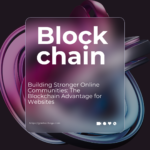








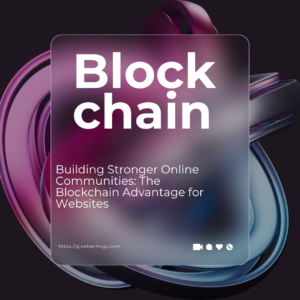

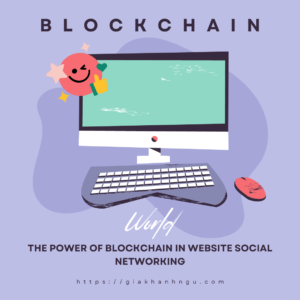

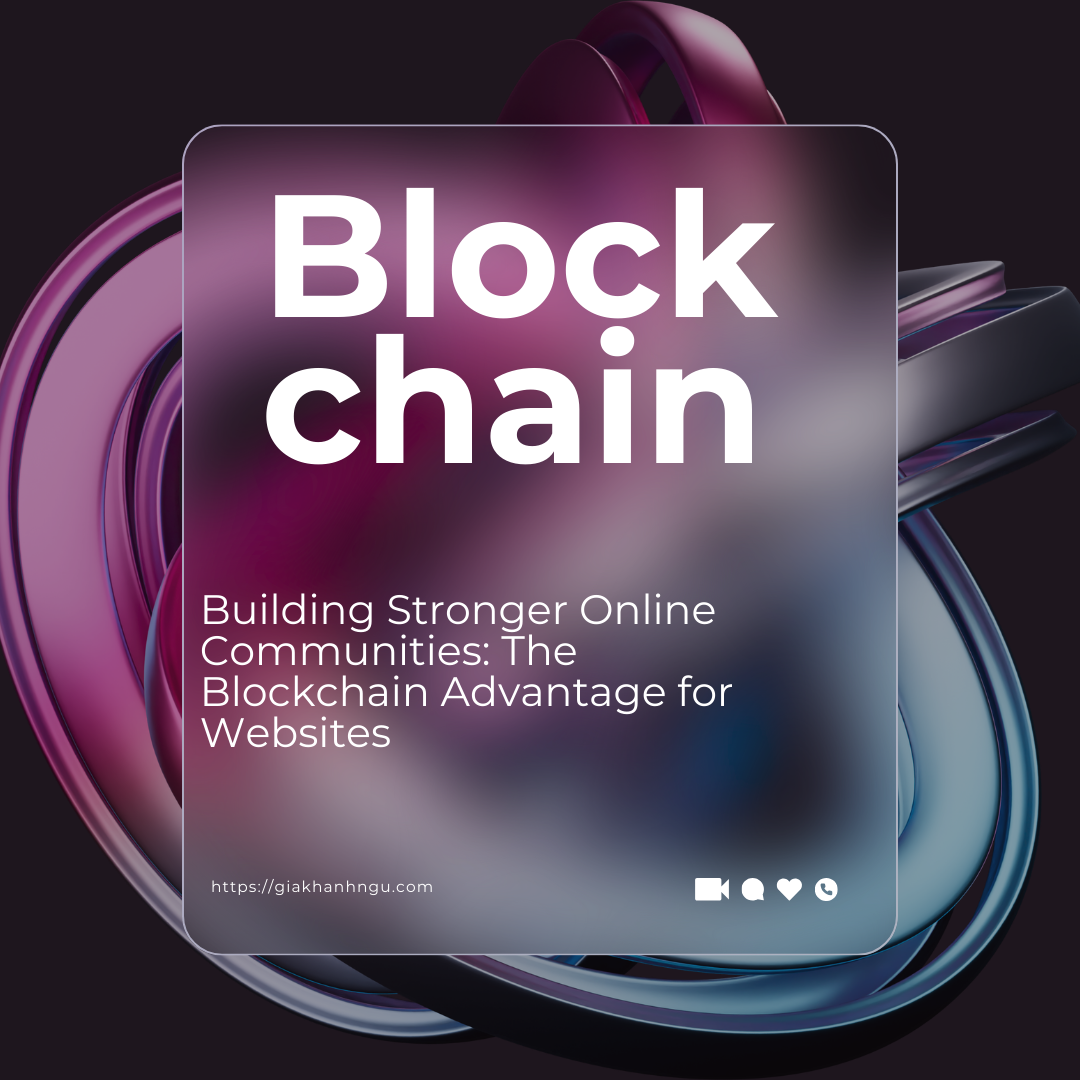

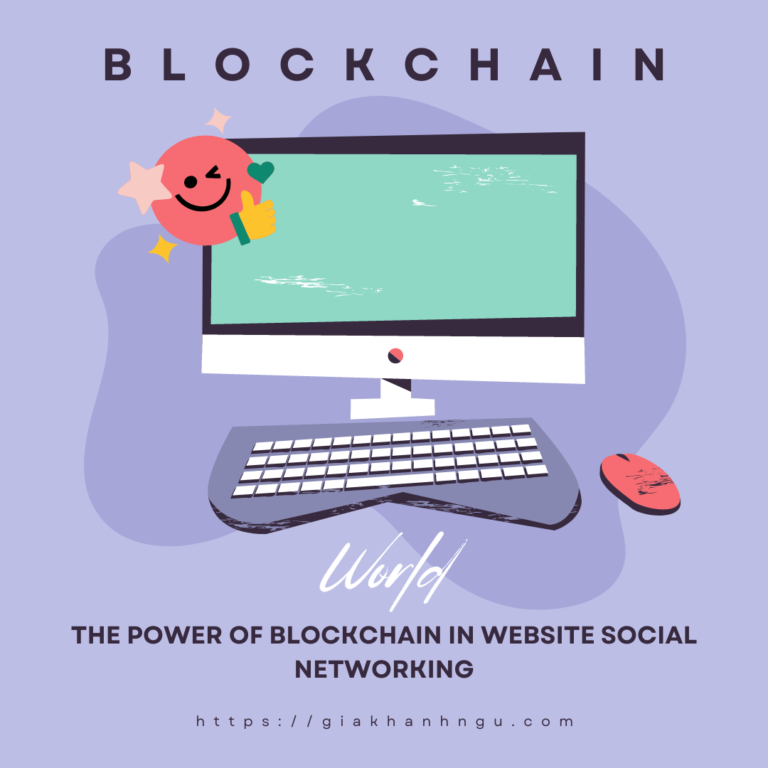


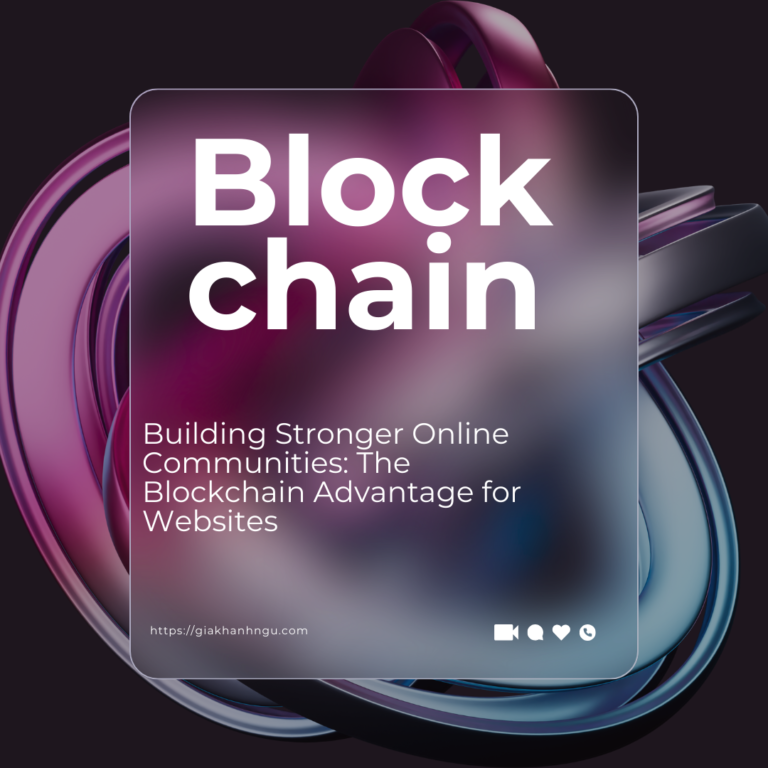




+ There are no comments
Add yours